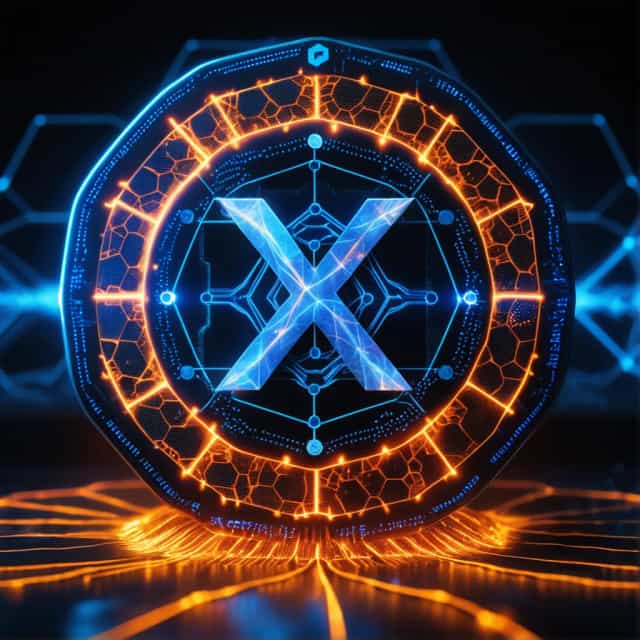![[Blockfesta 2025] Bana Foundation: “Turning Data Into Assets”—How Even Spotify Listening Can Be ‘Money’](/_next/image?url=https%3A%2F%2Fwww.blockmedia.co.kr%2Fwp-content%2Fuploads%2F2025%2F09%2F20250926-123920.jpg%3Fformat%3Dwebp%26width%3D600&w=1200&q=70)
Image source: Block Media
Unlocking the Future of On-Chain Finance with Data Tokenization: Insights from Bana Foundation
On-chain finance, intertwined with innovations in the data economy, is poised for transformative growth through data tokenization. Art Abal, Director of Bana Foundation, delivered a forward-looking presentation at the 'Blockfesta 2025' conference on October 26 in Seoul, underscoring how tokenizing data addresses critical challenges like data scarcity and access limitations. Framing data ownership as akin to property rights, Abal stated, “The era where contributing data translates directly into assets is here. Everyone deserves to reclaim control over their personal data, just as land ownership is a fundamental right."
The Bana Foundation’s Revolutionary Decentralized Framework
At the forefront of this paradigm shift, Bana Foundation operates as a decentralized data infrastructure company. Its core mission is to restore data ownership and utility to individuals. The foundation employs a decentralized autonomous organization (DAO) model, enabling users to contribute data directly and receive equitable compensation. This structure introduces accountability and equality into the evolving data economy.
Central to Bana’s vision is the "Proof of Contribution" concept, which incentivizes individuals to share data in exchange for rewards. Using a combination of decentralized validation nodes and its proprietary DataDAO Secure Ingress system, the foundation ensures fair and transparent transactions. Organizations seeking data access employ a robust query engine and settle payments in VRC-20 data tokens, enabling seamless and decentralized exchanges.
Addressing the Data Shortage Crisis
A looming challenge in the data-driven world is the impending shortage of usable internet text data for training large language models (LLMs). Abal highlighted that by 2028, global LLM training requirements could outpace the availability of relevant data, resulting in a critical bottleneck. This challenge is compounded by increasing restrictions and monetization of API access by industry giants like Meta, X (formerly Twitter), and OpenAI since 2021.
Bana Foundation’s DataDAO framework promises a proactive solution to this crisis by decentralizing data aggregation and distribution. The model ensures secure, scalable, and equitable data management while facilitating large-scale sharing with minimal friction. This innovative framework addresses the supply-demand imbalance by enabling decentralized validation and incentivization of contributors.
Proven Results and Tangible Metrics
The Bana Foundation’s data-centric initiatives are already delivering measurable results. Abal highlighted these achievements during his talk, citing over 1 million unique data contributors, active operation of more than 30 DataDAOs, and the accumulation of 12 million data points. These efforts have generated $10 million in revenue through data access transactions.
A case study further demonstrated the practical application of Bana’s ecosystem: Spotify listening records, which are traditionally siloed, can now be tokenized and monetized. Users contributing such data are rewarded, providing a real-world example of the foundation’s ability to create new value streams.
Data Tokenization as the Linchpin of On-Chain Finance
Data assetization through tokenization represents a transformative step forward for on-chain finance. “Tokenizing data contributions and integrating them into the economy is the next great leap for blockchain-based financial systems,” Abal emphasized.
By converging private data ownership with decentralized financial infrastructure, Bana Foundation envisions an inclusive, transparent, and equitable future for the global data economy. Stakeholders across industries can expect a more efficient and scalable model of value creation, signaling a new chapter in the evolution of both blockchain and data ecosystems.










